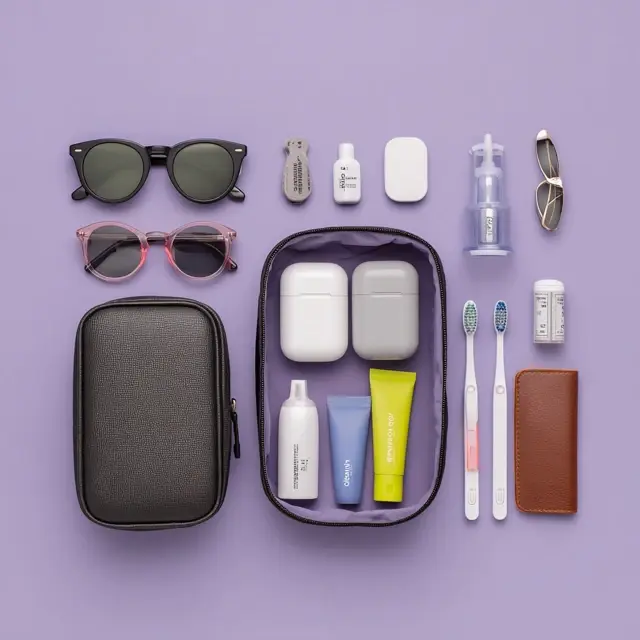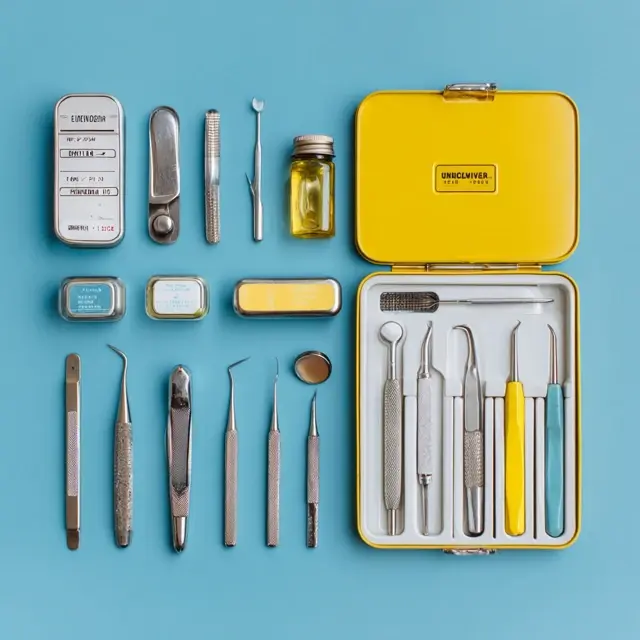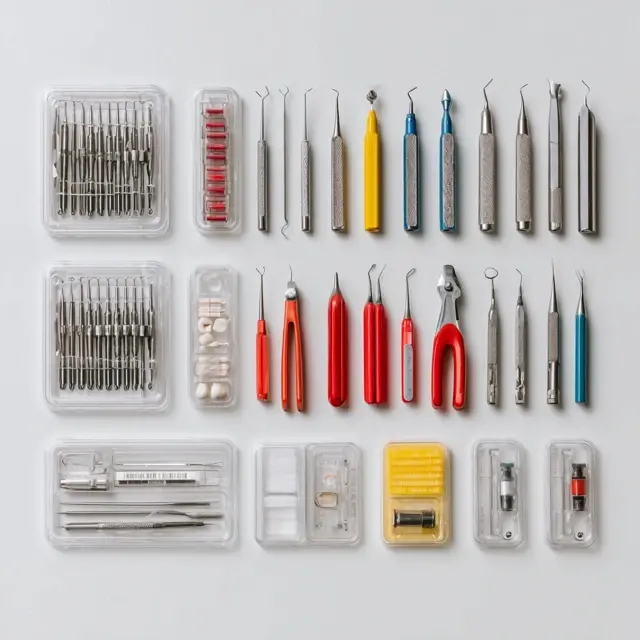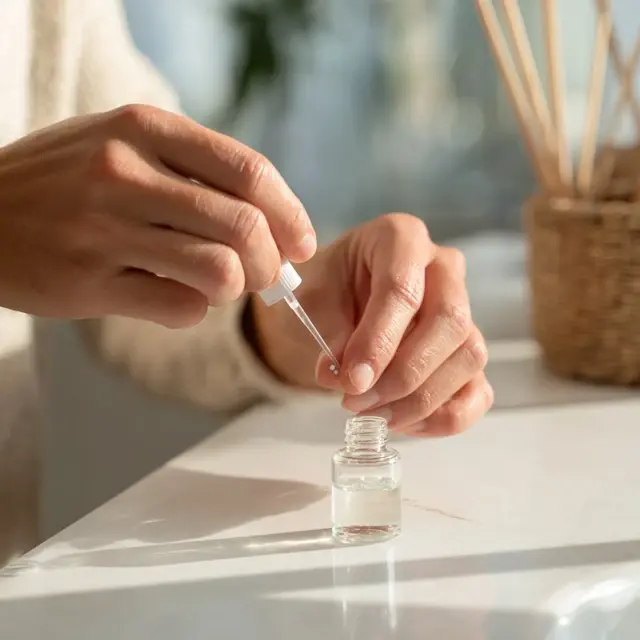What Dentists Say About Tooth Repair Kit Use
A tooth repair kit can feel like a lifesaver in sudden dental emergencies. But what do dental professionals actually think about their use? To help you make informed decisions, we’ve gathered insights on the benefits, risks, and practical advice dentists share regarding these popular at-home solutions.
Why Dentists Acknowledge the Value of Tooth Repair Kits
Most dentists agree that a tooth repair kit can be useful for immediate, short-term relief. When used correctly, these kits can:
- Protect exposed tooth structures after a filling or crown falls out.
- Reduce discomfort caused by sharp edges from chipped teeth.
- Provide a temporary barrier against food particles and bacteria.
In these scenarios, dentists see kits as a helpful bridge between the moment of injury and professional treatment.
Concerns Dentists Raise About At-Home Use
While they acknowledge the benefits, dentists also caution against overreliance on tooth repair kits. Common concerns include:
1. Temporary Relief Only
A tooth repair kit cannot cure cavities, infections, or advanced decay. It’s a stopgap, not a permanent fix.
2. Risk of Improper Application
Applying too much material or placing it incorrectly can cause bite misalignment, gum irritation, or ineffective coverage.
3. Delayed Dental Care
Some patients may feel “fixed” and postpone professional treatment, allowing the condition to worsen.
When Dentists Recommend Using a Tooth Repair Kit
According to dentists, appropriate uses include:
- A lost filling or crown late at night or on weekends.
- A chipped tooth causing irritation inside the mouth.
- Temporary coverage for sensitivity while waiting for a dental visit.
Situations Where Kits Should Not Be Used
Dentists strongly advise against relying on a tooth repair kit in these situations:
- Severe pain or swelling, which may signal infection.
- Broken teeth with exposed nerves.
- Persistent bleeding or trauma-related injuries.
Practical Dentist-Approved Tips for Safe Use
If you decide to use a kit at home, dentists recommend the following best practices:
- Read and follow instructions carefully before application.
- Always clean and dry the tooth thoroughly before using materials.
- Use only the amount suggested; excess may interfere with your bite.
- Schedule a dental appointment as soon as possible afterward.
Conclusion
Dentists view the tooth repair kit as a valuable emergency tool—but only when used correctly and responsibly. Think of it as a temporary shield, not a cure. For lasting relief and proper care, professional dental treatment remains essential.




